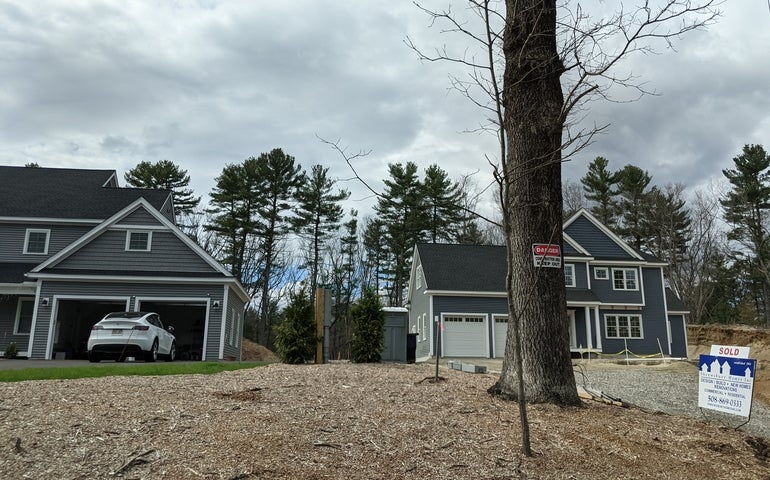If the coronavirus pandemic was supposed to send people fleeing high-priced dense cities in favor of more affordable options where people can work remotely, the Worcester area has not been a major beneficiary.
A new analysis by the real estate firm CBRE Group shows fewer people moved out of the Worcester metropolitan area in 2020 than did in 2019, at least from those moving to or from elsewhere in Massachusetts. But fewer also moved in, leaving the area with what appears to be only a slight advantage.
Nearly all those departing residents stayed close by, CBRE found in its national look at where people moved during the health crisis. Many of the largest and most expensive urban areas saw residents flee, including Boston, New York, San Francisco and Seattle.
The Worcester metro area, which includes Worcester County and Connecticut’s Windham County, doesn’t come close to those areas’ living costs but it was nonetheless not a big beneficiary of those residents’ moves. When analyzing those moving to or from the area from Massachusetts, which made up the major bulk of new or former residents, only slightly more people moved in than out.
The number of people moving into Worcester County in 2020 compared to 2019 dropped by 4.6% or roughly 3,100 people, CBRE found. But the number moving out dropped even more, by 6.6%, or about 4,300 people. That left a total of about 1,200 more people moving in than out, out of roughly 947,000 people in the metro area.
Berlin, Bolton, Boylston, Hopkinton, Sherborn and Stow, mostly wealthier communities to begin with, were among the towns that saw the biggest influx of new residents.
In the city of Worcester itself, the news was not as good.
The 01610 ZIP code, which includes the Main South, Canal District and Vernon Hill neighborhoods, saw a 10% decline in more residents moving out than in last year compared to 2019. The 01604 and 01605 ZIP codes, which include Grafton Hill and Lincoln Street areas, respectively, both saw 6% declines. The 01603 and 01609 areas, which include the Webster Square and Salisbury Street corridor, respectively, both saw 4% declines.
Among the biggest beneficiaries nationally were Sun Belt cities already among the fastest growing, including Charlotte, Atlanta and Austin, Texas, CBRE said. Of those leaving the Boston metro area, the overwhelming majority stayed in Massachusetts, followed by New Hampshire, Florida and New York.

